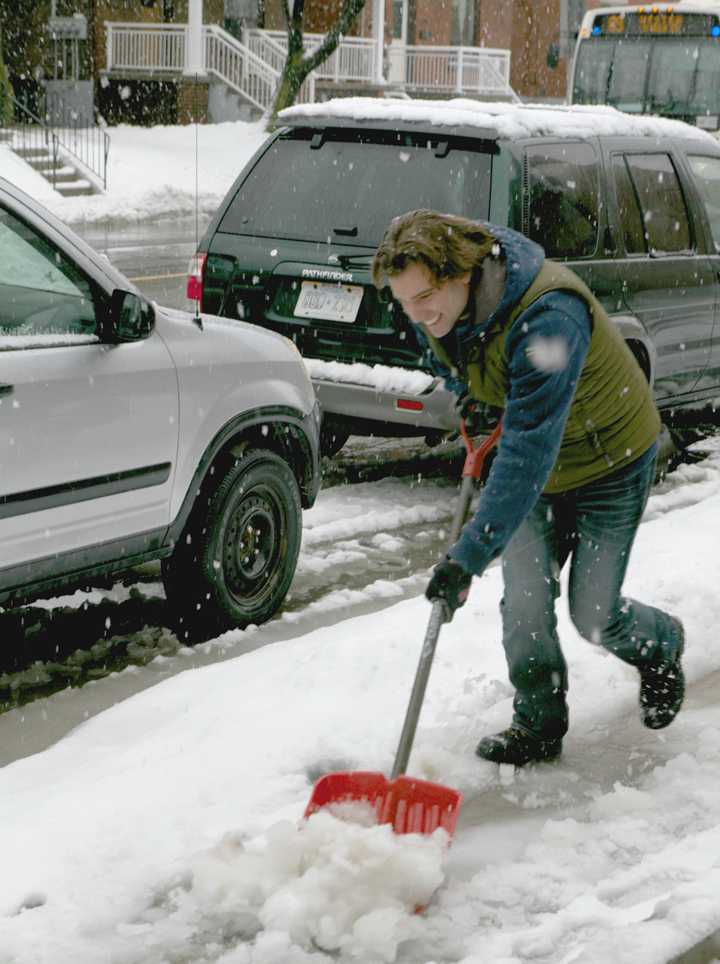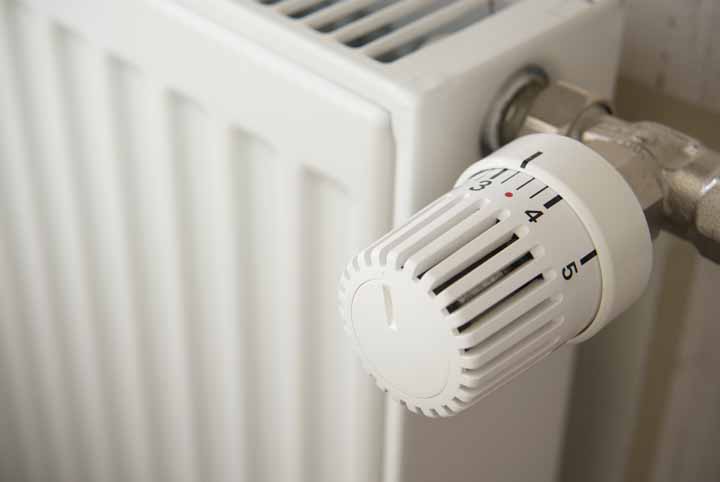
Published November 7, 2017, Updated November 3, 2019
Scott McGillivray is a real estate expert and host of HGTV Canada’s Income Property and Moving the McGillivrays.
When the mercury drops and the snow starts to fall, it means a new set of responsibilities for both landlords and tenants. There are certain considerations that come into effect when the cold weather hits and it’s really important that both landlords and tenants know what they need to do.
Landlords
There are a lot of myths out there about who is responsible for what, but no matter what you may have heard, ultimately it’s up to you to make sure the property is maintained and kept safe during the winter. For your own protection and the sake of the property, never assume that the tenant will take on basic maintenance tasks – no matter how obvious they may seem to you.
- If you haven’t already done so, ask the tenant if you can come in and check the seals around doors and windows. It’s always best to do this on a windy day so that it’s easier to determine where there might be air leaks. Fix as required and also put up storm windows where appropriate.
- Have the furnace serviced so that it’s ready to go as soon as it gets cold outside. Every municipality will determine the exact date that heat needs to be on for tenants, so make sure it’s ready to go before this date hits. If not, you could be fined.
- Determine a system for shovelling snow and clearing ice. Either be prepared to do it yourself within the required time set by the city (usually 24 hours after a snowfall), hire an outside company or individual to do it or make an arrangement with your tenants. In some cases, you can get them to do it in exchange for slightly reduced rent. Either way, make sure you’ve got an arrangement in writing, because if someone slips and falls, you could be held liable.
- Stock up on salt and make sure you’ve got a few snow shovels at the property. Just in case the snow and ice removal service can’t get there quickly enough, tenants need to be able to clear the way for themselves safely.
- Since there are still ways the property needs to be maintained that are out of your hands (such as keeping windows closed and not touching the furnace), I recommend that you provide tenants with a fact sheet about how to use the property in the winter. Most of the important things should be covered in the lease, but a simple list they can refer to quickly will go a long way in ensuring the property stays safe and sound.

Tenants
Although the landlord is responsible for the majority of winter maintenance, there are certain guidelines you need to adhere to. Depending on what actions you take, if a major problem occurs and there’s damage that could have been prevented, the landlord or insurance company could potentially sue you for damages.
- Do not leave windows open for any significant length of time and definitely don’t leave them open when you leave the house. You might be OK with a little cold air, but if the temperature drops quickly it can freeze the pipes around the windows, causing them to burst.
- If you have access to the furnace, do not turn it off or down too low. This can also cause pipes in certain areas of the house to freeze. If you go away and the pipes freeze it can cause a big problem.
- If you’re going away for more than a day or two consider letting your landlord know so they can keep an eye on the property. In some cases this is actually required for insurance purposes, so check your lease and any insurance policies you may have to be sure.
- If you notice anything such as air leaks around windows or doors, broken heaters or vents or anything else of that nature, let your landlord know right away. These types of problems can get worse quickly when the weather is bad.

The key to keeping a property and its tenants safe during the winter is communication. Landlords, let your tenants know what they need to do. And tenants, be sure to check in with your landlord with any questions or concerns.
Images courtesy of Skit Inc. and Getty Images
HGTV your inbox.
By clicking "SIGN UP” you agree to receive emails from HGTV and accept Corus' Terms of Use and Corus' Privacy Policy.



